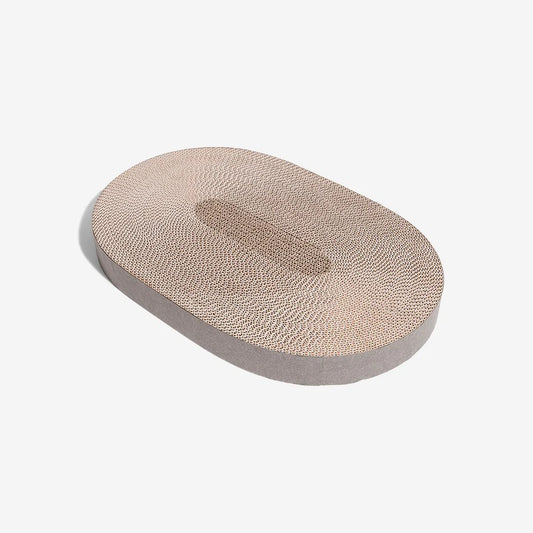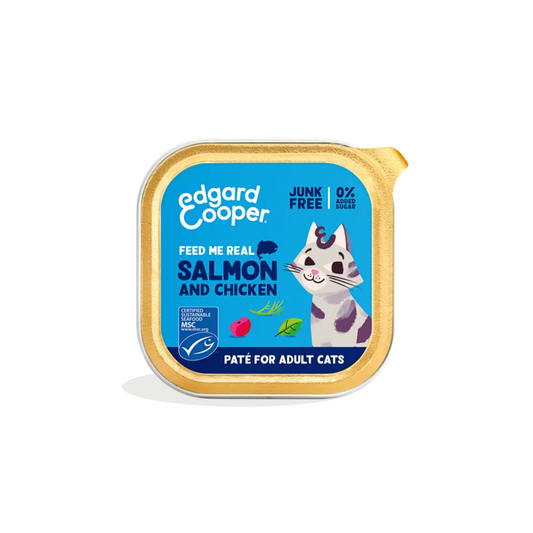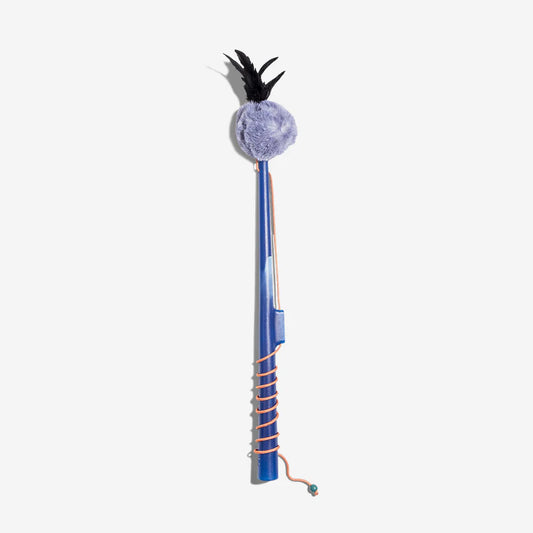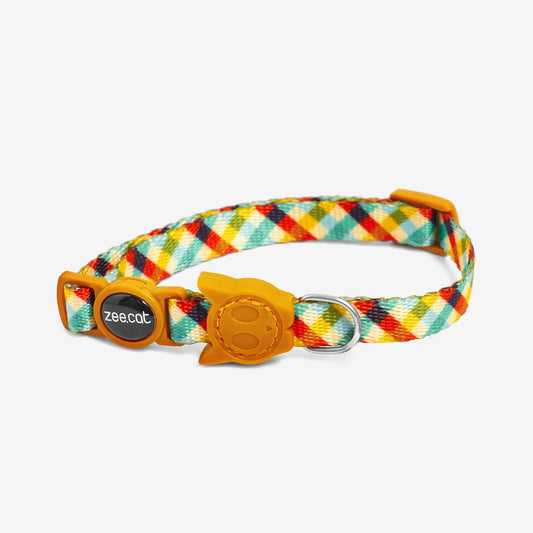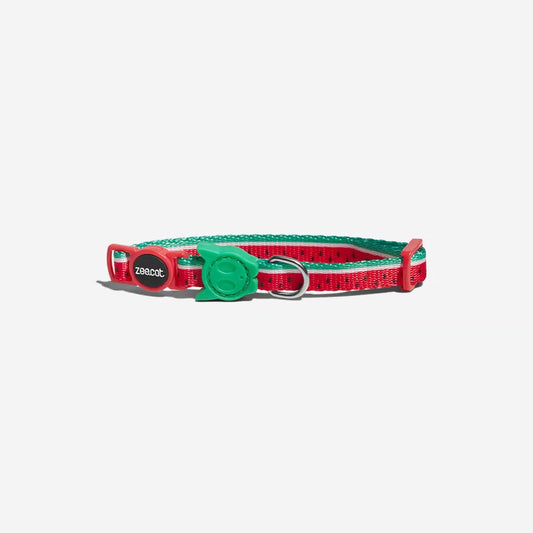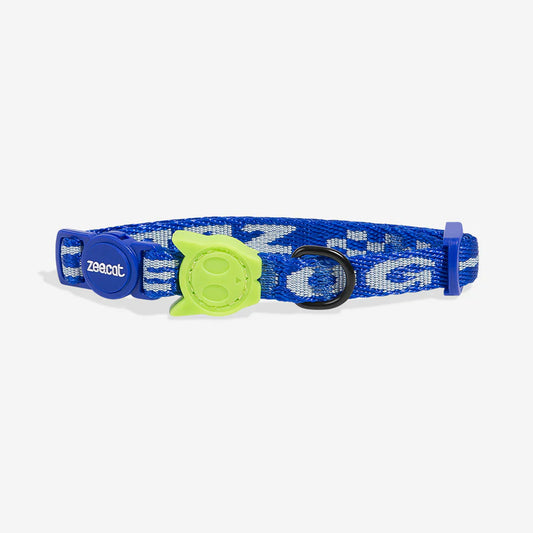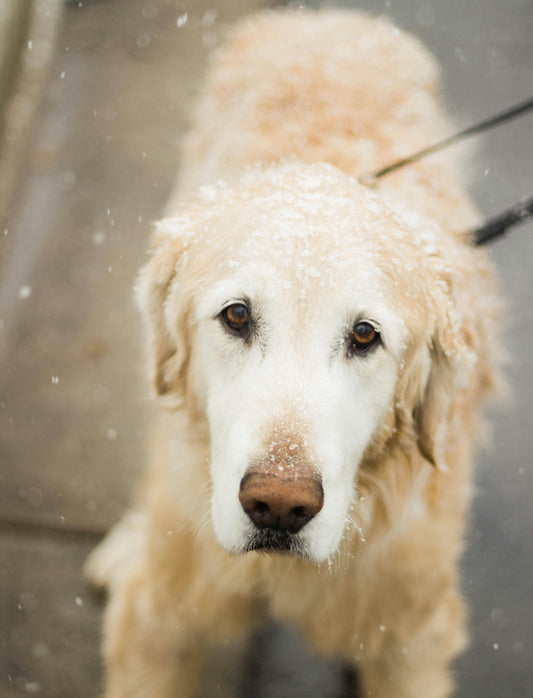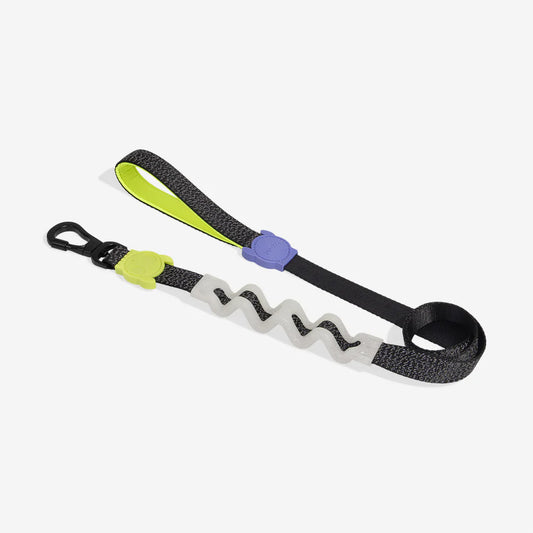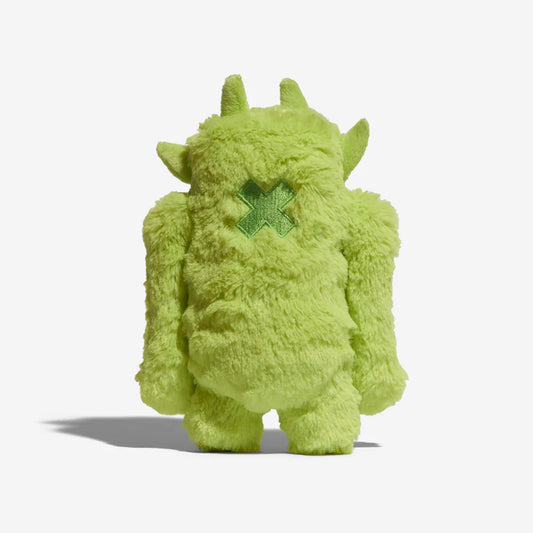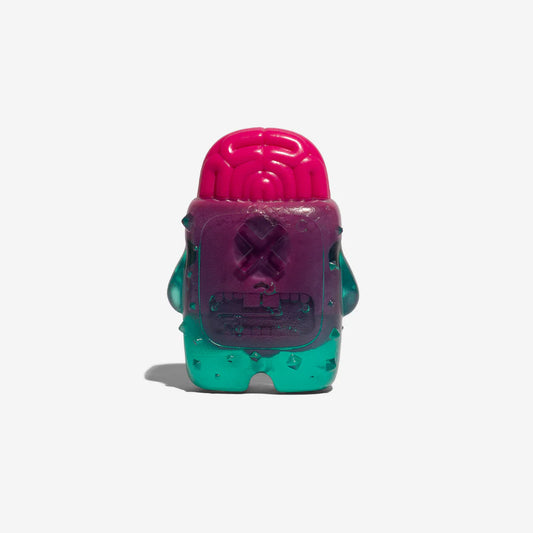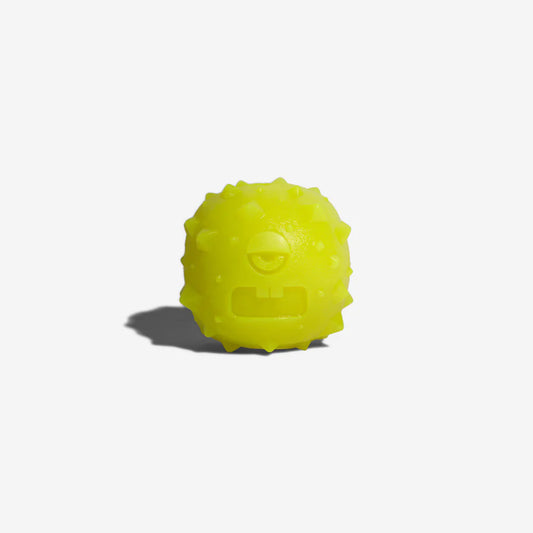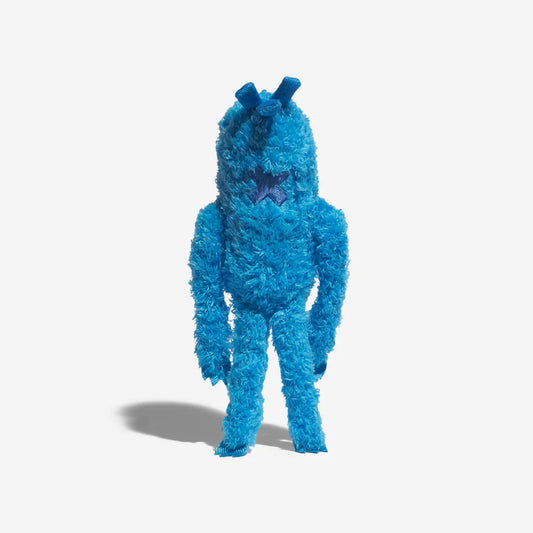Many dog owners have witnessed their furry friends munching on grass at some point. While it may seem harmless, some may worry about the potential dangers of their dog eating grass. This article aims to provide some insight into why dogs eat grass and what owners should do about it.
One common belief is that dogs eat grass when they are feeling sick or have an upset stomach. However, studies have shown that only a small percentage of dogs vomit after eating grass. Therefore, it is unlikely that dogs eat grass as a form of self-medication. Another theory is that dogs eat grass simply because they enjoy the taste or texture.
Regardless of the reason, it is important for owners to monitor their dog's grass-eating habits. Some types of grass, such as those treated with pesticides or fertilizers, can be harmful to dogs if ingested. Additionally, if a dog eats too much grass, it can lead to digestive issues such as vomiting or diarrhea. In the following sections, we will explore some steps that owners can take to prevent their dogs from eating harmful grass and how to redirect their behavior.
Understanding Canine Grass Eating
Reasons Dogs Eat Grass
Dogs eat grass for a variety of reasons, and while the behavior is not uncommon, it can be a cause for concern for some pet owners. Some dogs simply enjoy the taste of grass, while others may eat it as a way to alleviate boredom or anxiety. Additionally, some dogs may eat grass to help soothe an upset stomach or to induce vomiting.
Health Implications
While grass eating is generally not harmful to dogs, there are some potential health implications to consider. Dogs that eat large amounts of grass may be at risk for intestinal blockages, which can cause vomiting, diarrhea, and other digestive issues. Additionally, dogs that eat grass that has been treated with pesticides or other chemicals may be at risk for toxicity.
Differentiating Normal from Abnormal Behavior
It is important for pet owners to be able to differentiate between normal and abnormal grass eating behavior in their dogs. Normal grass eating behavior may be occasional and not accompanied by any other symptoms or issues. However, if a dog is eating grass excessively, experiencing digestive issues, or exhibiting other abnormal behaviors, it may be necessary to consult with a veterinarian to rule out any underlying health issues.
Overall, while grass eating is a common behavior in dogs, it is important for pet owners to be aware of the potential health implications and to monitor their dogs' behavior for any signs of abnormality.
Addressing Grass Eating
Grass eating is a common behavior in dogs, and while it is not always a cause for concern, it can be a sign of an underlying issue. Here are some ways to address grass eating in dogs.
When to Consult a Veterinarian
If a dog's grass eating behavior is excessive or if they exhibit other symptoms such as vomiting or diarrhea, it is important to consult a veterinarian. These symptoms could be a sign of a medical issue that needs to be addressed.
Dietary Adjustments and Enrichment
Dogs may eat grass to supplement their diet or to relieve boredom. Providing a well-balanced diet and plenty of mental and physical stimulation can help reduce grass eating behavior. Adding fruits and vegetables to their diet can also provide additional nutrients.
Training and Behavior Modification
Training and behavior modification can be effective in reducing grass eating behavior. Teaching a dog the "leave it" command can help redirect their attention away from grass. Providing alternative activities such as playing fetch or going for a walk can also help reduce boredom and grass eating behavior.
Overall, addressing grass eating in dogs requires a combination of approaches. By providing a well-balanced diet, mental and physical stimulation, and training and behavior modification, owners can help reduce grass eating behavior in their dogs.



